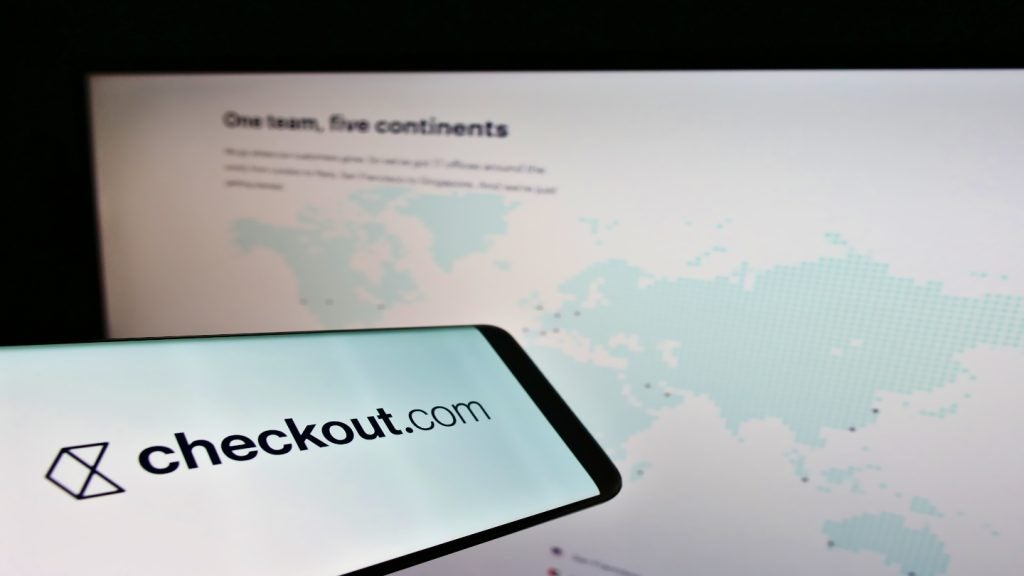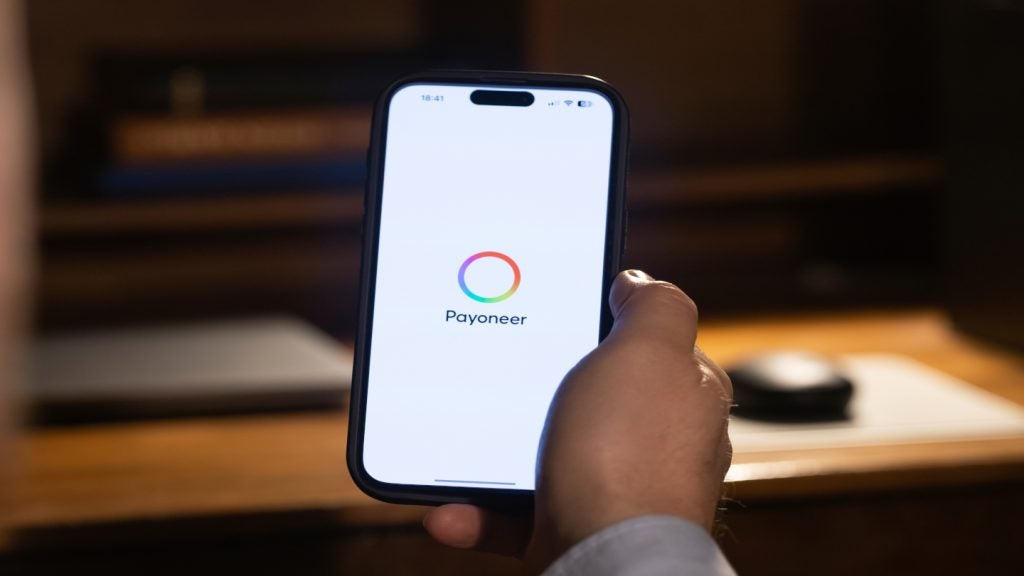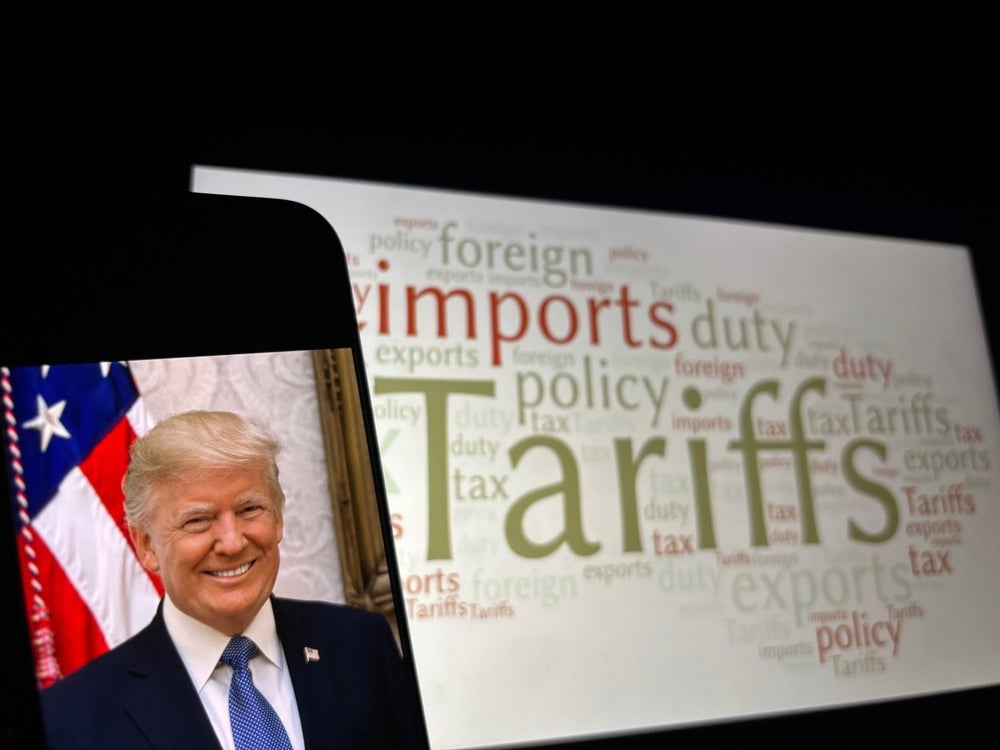Meta Suspends Live Shopping Feature on Facebook
Facebook suspending its Live Shopping feature reveals how difficult it is proving for social media giants to drive ecommerce sales on their platforms.
In recent years, Meta has been focusing more and more on integrating ecommerce solutions within its family of apps (Facebook, Instagram, Messenger, and WhatsApp). Part of its ecommerce strategy included the launch of Live Shopping in 2018 – a solution that allows merchants to tag products within a live video demonstration. However, Meta will terminate Facebook Live Shopping in October 2022.
Social media platforms have become ubiquitous for most consumers. Statista estimates that 4.6 billion people worldwide are using social media platforms in 2022. As social media platforms have become so important to consumers’ lives, they have become a useful tool for finding brands and products.
During the FORTUNE Brainstorm Tech 2022 conference, Google’s senior vice president Prabhakar Raghavan stated that an internal survey suggests 40% of US individuals aged 18–24 would choose Instagram or TikTok instead of Google Search or Maps to search for restaurants.
Social media platforms are aware of the role they play in the ecommerce value chain, as they facilitate interactions between consumers and merchants. By integrating ecommerce solutions within their infrastructure, social media platforms are trying to turn into social commerce platforms – rather than consumers clicking away to the merchant’s site or an ecommerce store. If successful, they will generate new revenue streams aside from data licensing and advertising sales.
$6trn: global commerce in 2022 – GlobalData estimates
GlobalData’s E-Commerce Analytics estimates that global ecommerce will reach $6trn in 2022, with 55% of such purchases carried out via mobile. Mobile commerce is projected to represent 69.5% of ecommerce by 2025. On paper, the growth of mobile commerce is an opportunity that social media platforms can capitalise on by integrating ecommerce directly within their platforms to compete with the likes of Amazon and eBay.
Yet the reality is proving quite different, with Meta not the only player to suspend an ecommerce solution. In July 2022, the Financial Times reported that TikTok is suspending the expansion of its Live Shop solution in Europe and the US due to lower-than-expected consumer engagement and internal issues. While Meta has not provided an explanation for the suspension of Live Shopping, its experience likely mirrors that of TikTok.
Livestream shopping has been an effective tool for driving sales in China. Through live streaming, influencers or brands are able to demonstrate products and provide feedback to consumers. Consumers can directly purchase those products while watching the live feed. One particularly notable example involves Chinese influencers Viya and Li Jiaqi, who on October 20, 2021 sold a combined $3.1 billion worth of merchandise on Alibaba’s Taobao marketplace.
While livestream shopping is becoming a common option in China, it is clearly not yet suited for consumers in Western countries. Platforms would be better off focusing on other ecommerce solutions such as embedded checkouts, which ensure that consumers remain on the social media platform when purchasing a product.
The integration of ecommerce directly within social media platforms could help them generate new revenue and drive higher engagement, as consumers will stay on platforms for longer to find and purchase products. But for social commerce to be successful, these platforms will have to find a way to convince consumers that purchasing products on Facebook or TikTok is as simple and safe as purchasing via Amazon.
Chris Dinga is payments analyst, GlobalData







